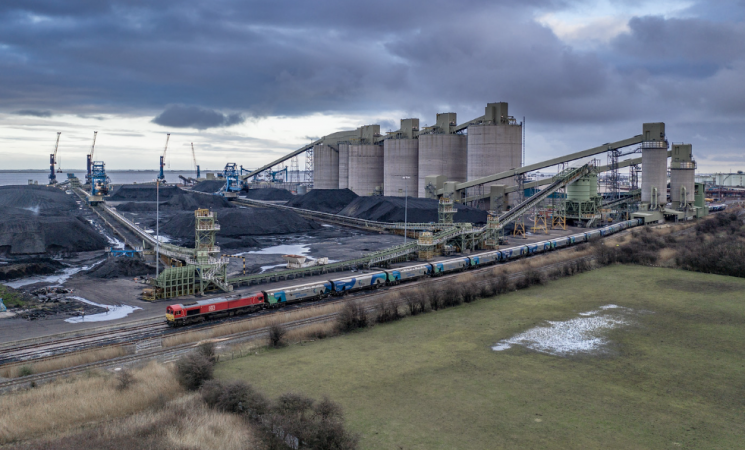This is an engagement targeting the global carbon market. Africa needs a roadmap on how regional cooperation can be leveraged to facilitate cross-border actions to address climate change and other environmental challenges. More than half of the people living in Sub-Saharan Africa do not have access to electricity and clean cooking facilities. The main objective of ATLI engagement in this context is to engender regional collaboration in domestic carbon pricing leading to a more responsive regulated international carbon market given Africa’s massive carbon stocks. Although Africa has contributed only 3.8% of total global emissions, it has borne the brunt of climate change. Annually, Africa loses $7–$15 billion due to climate change. This figure is expected to rise to $50 billion by 2040. (Adesina, A.A. 2021). Link to Speech. It is essential that intra-African collaboration on climate finance and the carbon agenda (Link to related and appropriate literature) should facilitate implementation of strategic mitigation and adaptation measures to address the growing climate change risks.
ATLI will collaborate with the World Bank which provides the requisite leadership on carbon pricing (Link to relevant information)to undertake the following measures: (a) Gather and assemble country data on carbon stocks, (b) encourage carbon trading as well as farming (regenerative agriculture - offset production from soil carbon sequestration.), and (c) gear Africa to learn from countries, for example, India, which have been successful in establishing a marketplace for trading in carbon credits for farmers in the country.
It is envisaged that ATLI efforts in this context will lead to an establishment of a platform for regional dialogue and more vigorous collaboration between North Africa and Sub-Saharan Africa (SSA) in this sphere of operations. North African countries have upgraded their energy systems (including renewable energy initiatives) to significantly increase access, which can provide useful lessons for SSA. This platform will discuss and share lessons and experiences on how to tackle the challenges in participation at the international carbon markets. including capacity building and technical assistance. It will also discuss institutional and other policy reforms needed to increase both domestic and foreign investment
Noteworthily, this focus of ATLI can help to increase energy access, improve regional energy security, and speed up progress towards SDG 7 – ensuring access to affordable, reliable, sustainable, and modern energy for all. It is estimated that regional integration could save an estimated $63 billion (or 14%) of the total investments needed to quadruple electricity usage by 2040. (McKinsey 2015). Link to literature. Also, technologies such as improved cookstoves, biogas digesters and solar home systems can also be targeted by crediting systems to generate carbon credits. A regional approach to financing renewable energy investments will also address the challenge of small and widely dispersed markets. Additionally, a harmonized regional approach to tariffs, technical standards, power purchase agreements, and project approval guidelines can reduce transaction costs and accelerate project development

